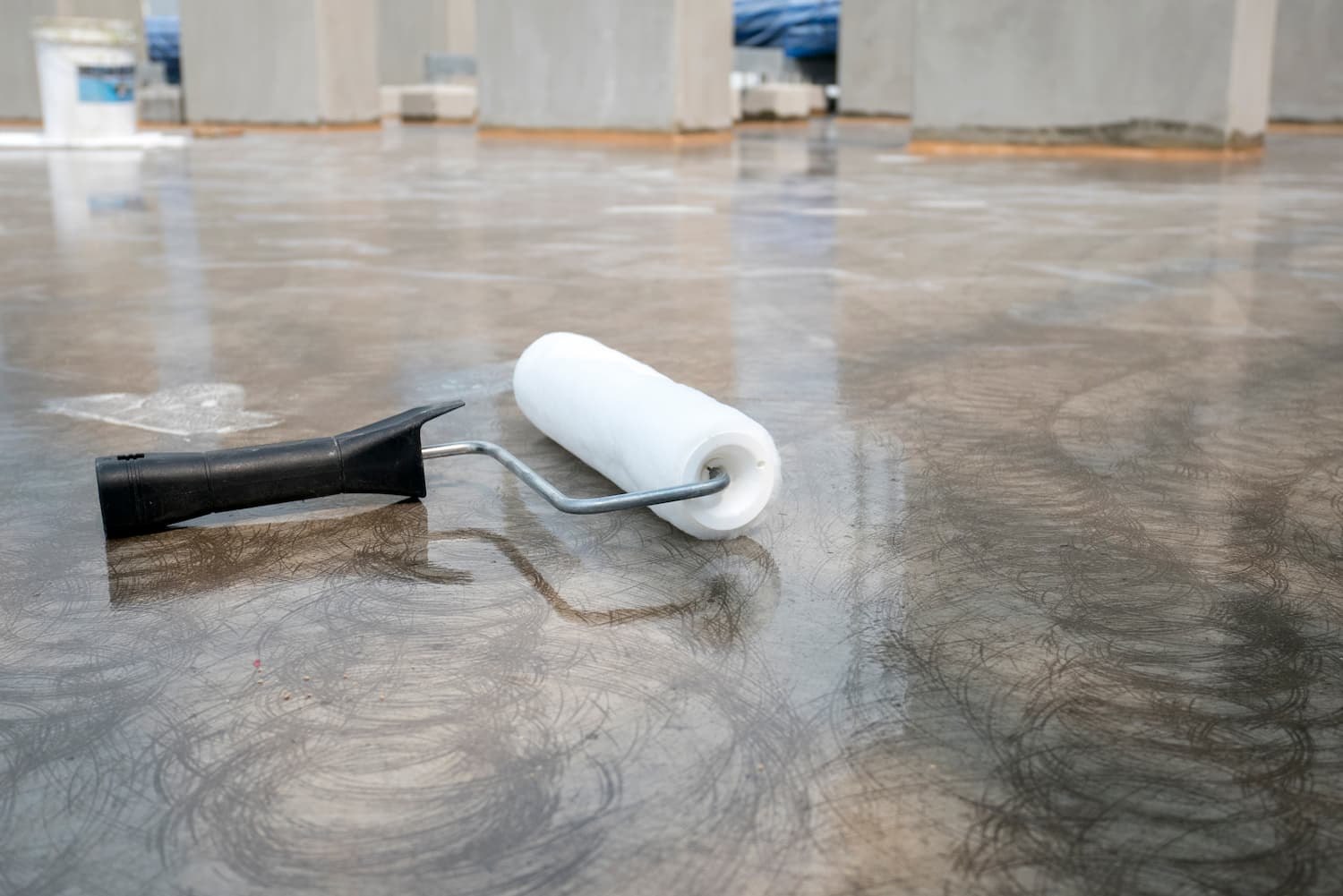Understanding the Different Types of Roof Waterproofing Systems
Waterproofing is an essential aspect of building construction and maintenance, especially for roofs. It protects structures from water damage, mold growth, and deterioration, ensuring longevity and safety. With a variety of waterproofing systems available, it’s crucial to understand the differences to choose the right one for your needs. This blog explores the various types of roof waterproofing systems, focusing on industrial roof waterproofing, residential metal roofing, and more, while also touching on related services like epoxy flooring in Dubai and metal roof waterproofing in the UAE.
1. Industrial Roof Waterproofing
Industrial buildings often have extensive roofs that are subject to harsh environmental conditions, making effective waterproofing crucial. Industrial roof waterproofing systems are typically designed to withstand heavy foot traffic, machinery, and exposure to various chemicals.
One common option for industrial roofs is modified bitumen roofing. This system consists of multiple layers of asphalt and rubber, creating a durable and flexible surface. It can handle thermal expansion and contraction, making it suitable for extreme weather conditions. Other options include thermoplastic membranes, which are resistant to UV rays and chemicals, and spray polyurethane foam (SPF), offering excellent insulation alongside waterproofing.
When selecting an industrial roof waterproofing system, it’s important to consider the specific needs of the facility, including the roof’s slope, drainage, and potential chemical exposure. Working with experienced waterproofing companies in the UAE can help ensure the right choice is made for maximum protection.
2. Residential Metal Roofing
Metal roofs have gained popularity in residential settings due to their durability, energy efficiency, and aesthetic appeal. However, proper waterproofing is vital to ensure that these roofs perform effectively over time.
One of the most common methods for waterproofing residential metal roofing is the use of sealants and coatings. High-quality sealants can be applied to seams, joints, and fasteners to prevent water intrusion. Additionally, applying a protective coating can enhance the metal’s resistance to corrosion and UV damage, extending its lifespan.
Another important aspect of residential metal roof waterproofing is the installation of a waterproof underlayment. This layer acts as a barrier against moisture, providing extra protection in case of any failures in the primary roofing material. Homeowners should also consider regular maintenance and inspections to ensure the waterproofing remains effective throughout the roof's life.
3. Epoxy Flooring in Dubai
While primarily associated with flooring, epoxy also plays a significant role in waterproofing. In areas like Dubai, where heavy rains can lead to water pooling, epoxy flooring systems can be an excellent choice for waterproofing balconies, terraces, and flat roofs.
Epoxy coatings create a seamless, impermeable layer that prevents water infiltration. These coatings are highly durable and can withstand temperature fluctuations, making them ideal for the UAE’s climate. Furthermore, epoxy flooring can be customized with various colors and finishes, allowing homeowners and businesses to enhance their aesthetics while maintaining functionality.
When considering epoxy flooring Dubai for waterproofing, it’s crucial to hire professionals who understand the local conditions and can provide a high-quality installation. This ensures that the waterproofing is effective and meets the required standards.
4. Metal Roof Waterproofing in the UAE
In the UAE, where temperatures can soar, metal roof waterproofing uae is essential for both residential and commercial buildings. Apart from using sealants and coatings, there are advanced waterproofing methods tailored for the region’s climate.
One effective system is the use of reflective coatings. These coatings not only provide waterproofing but also help reduce heat absorption, making buildings more energy-efficient. By reflecting sunlight, they can significantly lower indoor temperatures, leading to reduced air conditioning costs.
Moreover, employing insulation systems in conjunction with waterproofing solutions can enhance energy efficiency. Insulated metal roofs help in maintaining temperature control and reducing the risk of condensation, which can lead to water damage.
5. Choosing the Right Waterproofing System
With various options available, selecting the right waterproofing system requires careful consideration. Factors to evaluate include the type of building (industrial, residential, or commercial), local climate, budget, and specific needs related to durability and aesthetics.
Consulting with waterproofing companies in UAE can provide valuable insights and help in making informed decisions. These professionals have experience with local conditions and can recommend the most suitable systems based on their knowledge of materials and installation practices.
Additionally, regular inspections and maintenance are vital in prolonging the effectiveness of waterproofing systems. Identifying issues early can prevent costly repairs and ensure that the roof remains functional over its intended lifespan.
Understanding the different types of roof waterproofing systems is essential for protecting your investment, whether for industrial facilities or residential properties. Each system offers unique benefits tailored to specific needs, and proper installation by professionals is crucial for achieving optimal results. Whether you opt for industrial roof waterproofing, residential metal roofing, or epoxy flooring in Dubai, ensuring adequate waterproofing will safeguard your property against water damage and contribute to its longevity. By working with reputable waterproofing companies in the UAE, you can find the right solutions to keep your roof in excellent condition for years to come.


Comments
Post a Comment